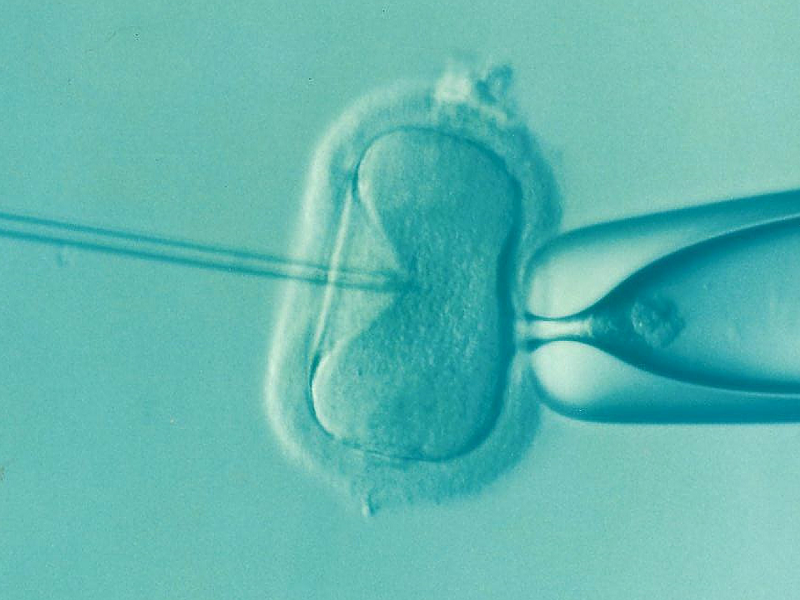During Obseva’s earnings call on March 5, the company provided timelines for key milestones of its candidate nolasiban, a first-in-class, oral, oxytocin receptor antagonist. Its development aims to improve clinical pregnancy and live birth rates (LBR) in women undergoing in vitro fertilisation (IVF) or intracytoplasmic sperm injection (ICSI), by inhibiting uterine contractions during single embryo transfer (ET).
Despite tremendous advances in the treatment of female infertility in recent years, GlobalData believes that improving IVF outcomes in terms of success rate per cycle remains an unmet need. While several factors contribute to the outcome of an IVF cycle, such as ovarian response, fertilisation, and embryo quality, optimal uterine receptivity for embryo implantation is critical for achieving clinical pregnancy. Therefore, given nolasiban’s potential to enhance ET, it has favorable uptake prospects.
IVF currently constitutes the majority of assisted reproductive technologies (ART). Emphasis on the enhancement of IVF techniques with the goal to improve success rates will help alleviate the physical, emotional, and financial burden associated with this process. In recent years, the rate of female infertility has been on the rise, in part attributed to the increasingly higher average age of women attempting to conceive and notable subsequent increase in IVF utilisation.
Given the high cost of the IVF process in the US, which commonly involves multiple cycles in excess of $15,000 each, physicians and patients would be incentivised to incorporate nolasiban in standard IVF treatment protocols in order to reduce the number of cycles needed to achieve clinical pregnancy. Additionally, the drug can help reduce high-risk multi-embryo pregnancies, which are commonly associated with IVF treatments.
Nolasiban is on track to complete enrollment of the EU Phase III IMPLANT 4 trial in Q2 2019, with a subsequent marketing authorisation application (MAA) filing by the end of 2019. For its US development, Obseva expects to receive additional FDA feedback on the Phase III IMPLANT 3 trial design in Q2 2019 for a potential initiation in H2 2019.
IMPLANT 4 is a placebo-controlled, double-blind trial, primarily conducted in Europe, Russia, and Canada, enrolling approximately 800 patients who are undergoing single ET on Day 5 post-IVF. The primary endpoint is the proportion of patients successfully achieving ongoing pregnancy 10 weeks post-ET, with LBR being assessed as a secondary endpoint.

US Tariffs are shifting - will you react or anticipate?
Don’t let policy changes catch you off guard. Stay proactive with real-time data and expert analysis.
By GlobalDataIn October 2018, Obseva reported positive results from the Phase III IMPLANT 2, a randomised, double-blind trial, in which pooled Day 3/Day 5 ET LBR increased by up to 35% with nolasiban treatment compared to placebo.





